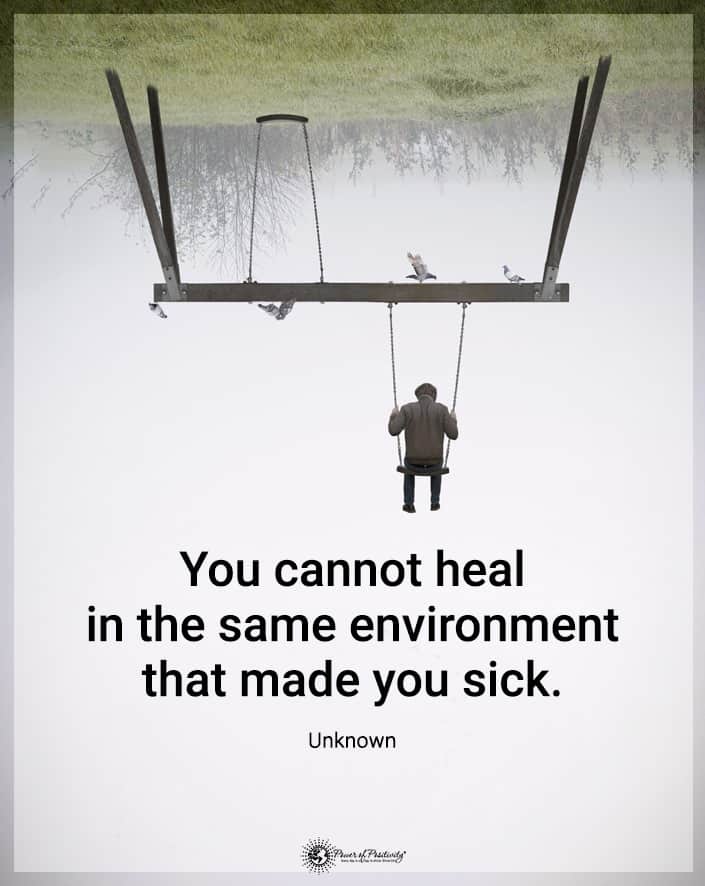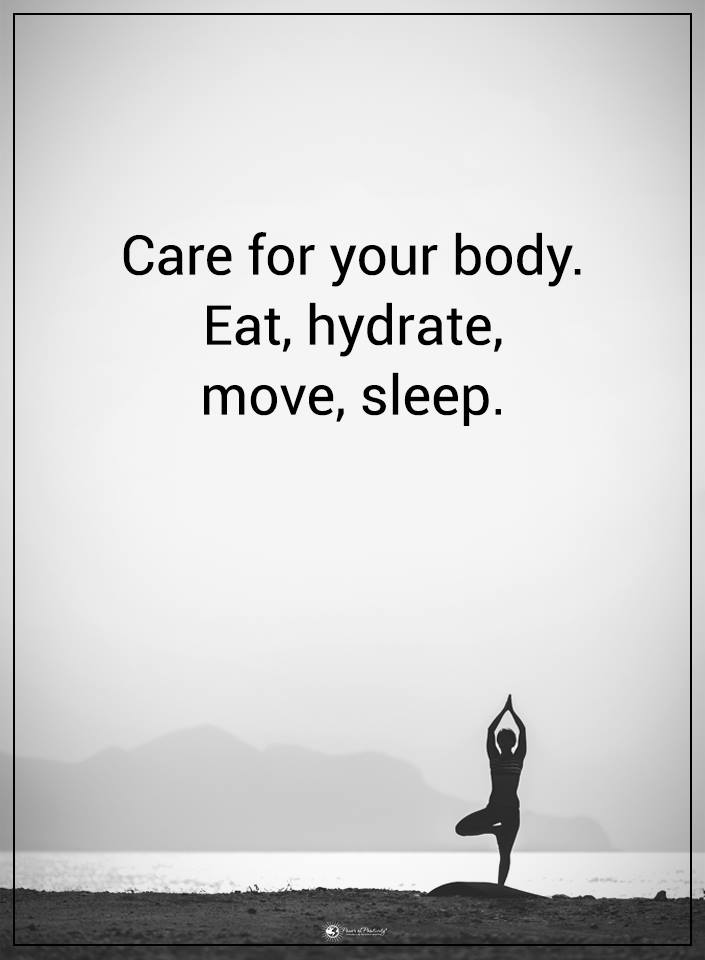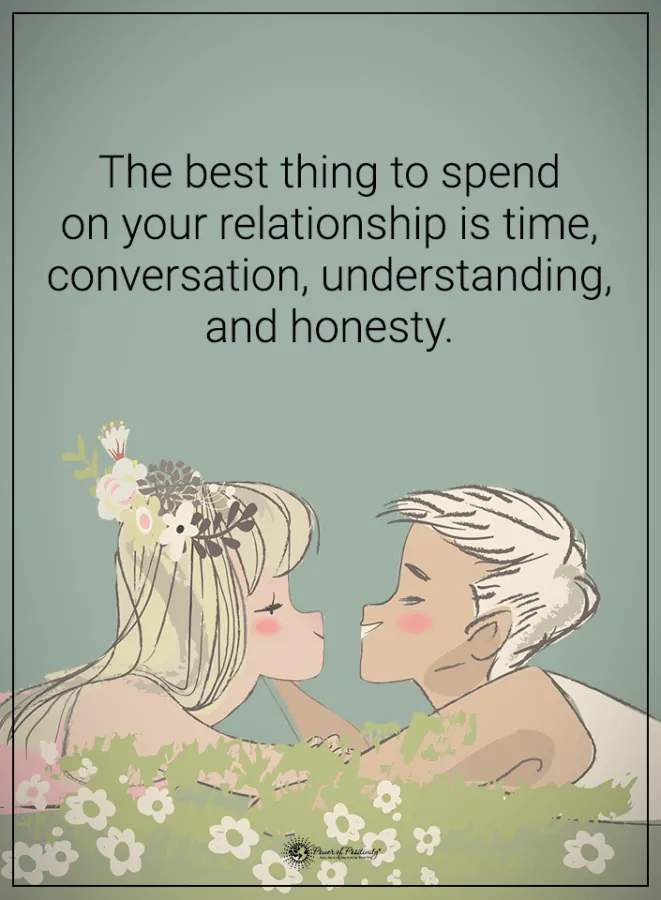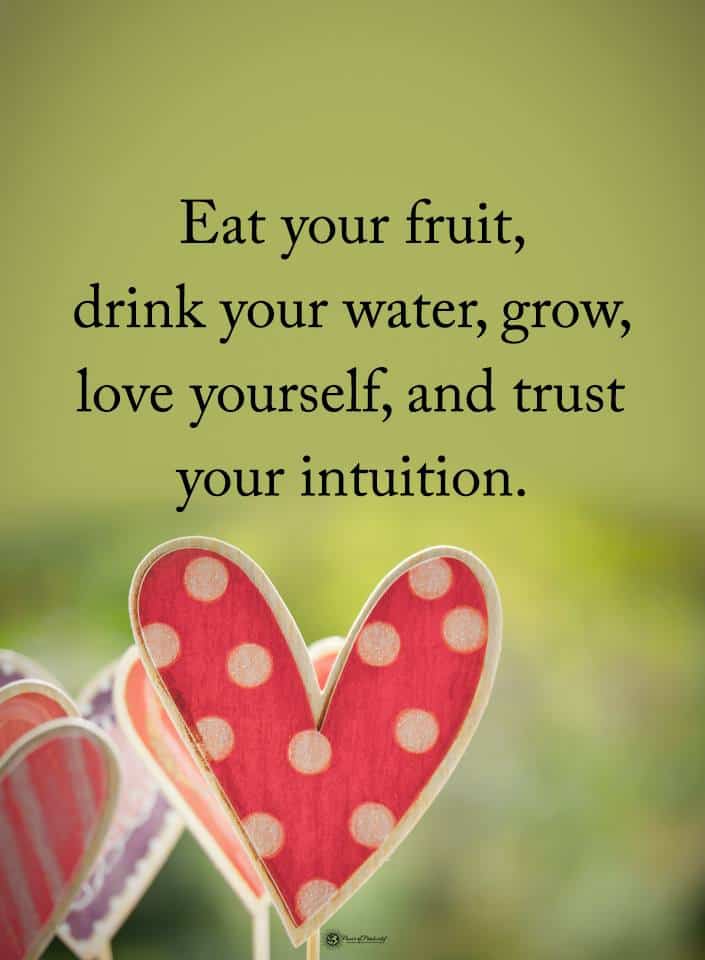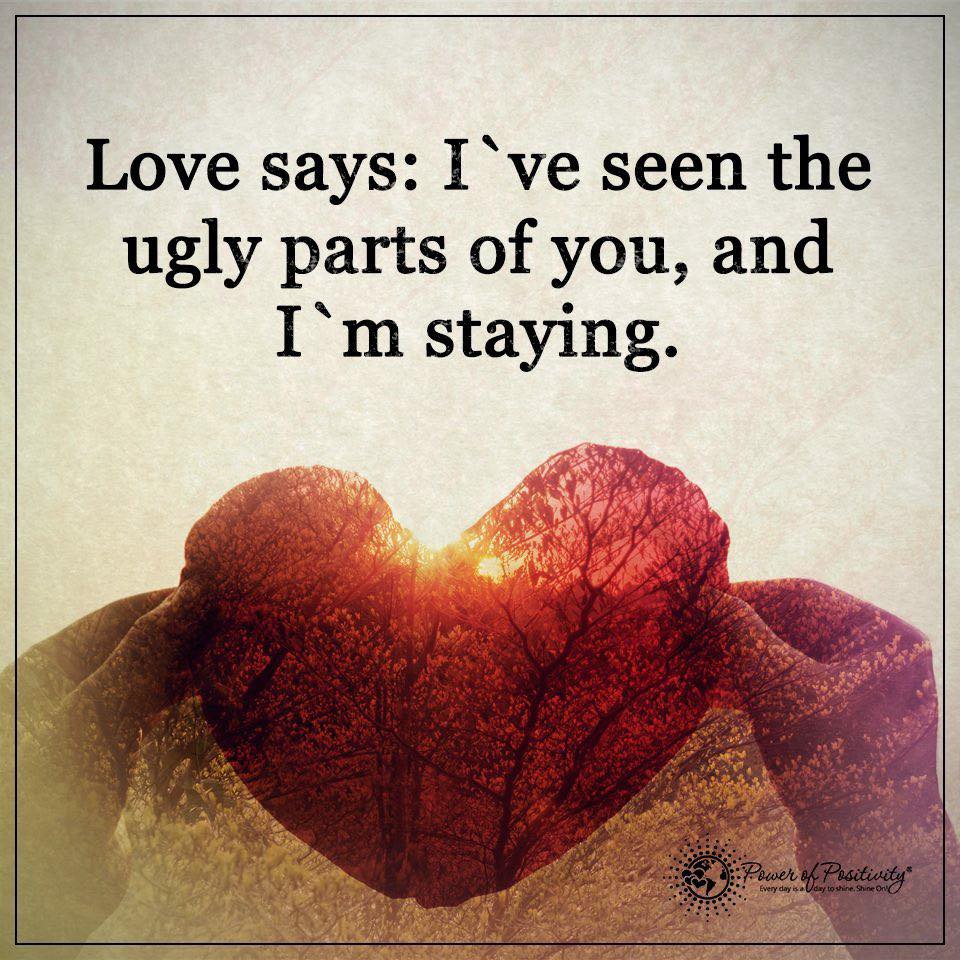In life, there are rare authentic connections that show us the true meaning of love. In our society, we are bombarded by the propaganda of what love can sell to us. Magazine ads, commercials, movies, and books all target the heart with a deafening sense of magical connections and improbable expectations.
What can we expect from love?
We grow up feeling that we must find another in order to fulfill our needs. As we enter adulthood, experiencing heartbreaks and disappointments, many of us close our hearts to the opportunity of another. It does not have to be that way.
Here are four things to remember when you are looking for love:
1. Understand and accept your core values.
Until you understand what you want there is no way that the right person will come into your life. You will receive many lessons through another. These lessons will make you question why you even tried to find someone to share your life with. You must be conscious and ever present with your moral and core values. What do you want out of life? What’s important to you in terms of religious, spiritual, ethnicity, cultural, and political issues? Do you want children or not? Are you willing to relocate?
Your belief system has been ingrained in your psyche since childhood. Therapist and instructor at Tempe University, JoAnne White, PhD says, “These are the things about yourself that are not likely to change. They are the tenets you grew up believing and that deep down inside still seem to fit into your life no matter what else changes.”
2. Understand yourself and what you have to offer another.
One of the most challenging issues in a relationship is that we want to convert our new love to share our beliefs. Knowing what’s important to you translates into knowing what is important in a relationship. When we enter into relationships many times those things we don’t like in that person are reflections of our own insecurities. Are you willing to address them with yourself and your significant other?
If you are looking for someone who is going to raise your self-esteem you might just be putting yourself up for failure. You need to heal from past hurt and establish healthy boundaries. Entering into a romantic relationship will magnify all the things you avoid if you haven’t healed from them.
3. Become aware of your love language.
Related article: Which Love Language Do You Speak?
We all have ways to love and be loved. Dr. Gary Chapman, author of The Five Languages of Love, says, “Love is a choice you make everyday. Something in our nature cries out to be loved by another. Isolation is devastating to the human psyche.” When we know how we respond to love we can also allow for it (and vice versa). Do you need words of encouragement? Do you require quality time more than anything? Are you a giver of gifts or do you require them to show affection from your partner? Once you establish your love language you can enter into a relationship with the mutual understanding of what is required to feel safe and secure.
You can be vulnerable with another and not hide behind a mask of self-doubt. Falling in love is the easy part. The challenges come in staying in a loving relationship when things don’t start to go your way.
4. Let go of expectations.
When we start to look for love, whether through online services or connections via mutual friends, we have a list of expectations that come with us. The person must be this tall, have this kind of job, be financially stable, and so on. If you know what you want then that’s enough. Expectations are a recipe for failure. There are no perfect people. There is only perfect situations that connect with our imperfections. Letting go of the fantasy of what is flawless allows for the right person to come in and show you what mutual respect and love looks like.
We have been ingrained to put our lovers or partners on some pedestal and expect them to do the same with us. This is unrealistic. Relationships that start as friends and are opened with respect make beautiful long-term commitments. You must learn to put your guard down and allow another to enter your personal space with rawness. When you share with another you both get to grow.
“You are your own worst enemy. If you can learn to stop expecting impossible perfection, in yourself and others, you may find the happiness that has always eluded you.”~Lisa Kleypas, Love in the Afternoon
Allow for love to enter with ease. We are not meant to spend our lives alone because of past hurt and experiences. You can establish these small gestures of self-love and awareness while giving yourself permission to fall in love again.


